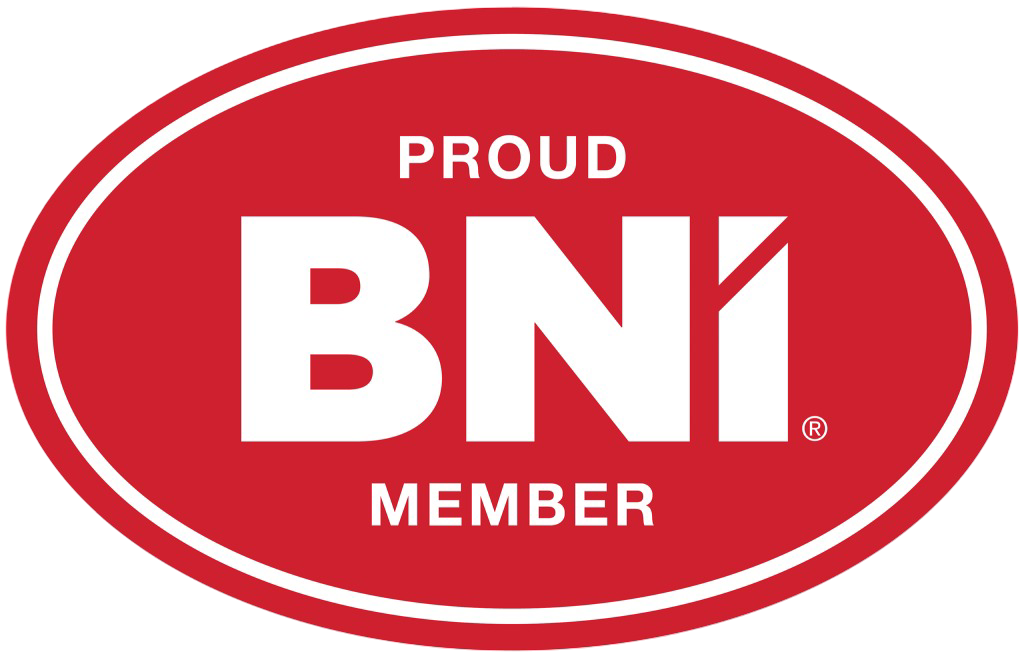In the legal world, especially in personal injury and medical malpractice, access to complete, timely medical records can make or break a case. For years, attorneys and medical providers have faced slow, fragmented, and expensive processes to retrieve medical records. That is rapidly changing with the federal rollout of TEFCA (Trusted Exchange Framework and Common Agreement) and the rise of Individual Access Services (IAS).
Under TEFCA, health data sharing is being stand-ardized across the country through Qualified Health Information Networks (QHINs). These QHINs form a secure, interoperable “network of networks” where records can be shared between providers for treat-ment and care coordination, payers, and with patient consent-third parties like attorneys and legal tech providers under the IAS use case.
The most transformative development for the legal industry is IAS, which empowers attorneys to retrieve a client’s medical records faster through federally supported infrastructure-if the client consents and their identity is verified to NIST’s IAL2 standard. Legal tech companies like YoCierge are leveraging this to build integrations with state-based entities that allow for rapid, compliant aggregation of records, cutting retrieval times from weeks to days.
Progress is already visible at the state level. YoCierge has gone live with New York, Delaware including surrounding states, and is actively onboarding Michigan’s network with several other states in conversations. These integrations mean that attorneys handling cases in these states can now initiate medical record retrievals that connect directly with states through a simple, consent-driven process and ID verification process.
Meanwhile, the new federal administration in Washington has doubled down on enforcing interoperability and expanding TEFCA’s impact. The Department of Health and Human Services (HHS) and the ONC are providing additional funding and guidance for inter-operability expansion, while emphasizing compliance with the 21st Century Cures Act, which mandates that patients (and by proxy, their representatives) not be blocked from accessing health data.
Recent remarks from HHS officials suggest stronger oversight on information blocking enforcement and greater penalties for non-compliant health systems and vendors. This signals a federal commitment to not just building the infrastructure but ensuring it’s used. We saw that there was a little uncertainty with the future funding of the framework with the administration changing at the Whitehouse and feared that the government would not continue to support TEFCA, but due to new changes in the federal level administration, there continues to be strong advocacy to continue the progress made.
For attorneys and providers, the message is clear: interoperability is no longer optional-it’s here. And with TEFCA and IAS, the path to retrieving complete medical records, with patient consent, is more seam-less than ever. This will allow the legal and medical industries to be able to support API integrations and interoperability more effectively for the greater good of the patient.
Tiffanny J. Anghel, MHA
HEAD OF PARTNERSHIPS YOCIERGE & YC API.
Head Of Partnerships Yocierge & Yc Api.
Phone: 862-209-0195
Email: ta@ycapi.health
Website: https://yocierge.com/
Calendar: cal.read.ai/tiffanny-a5xwi/











